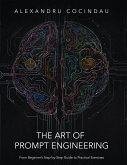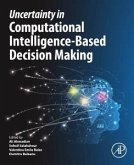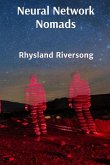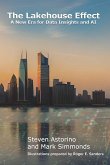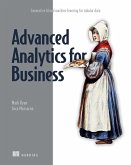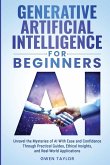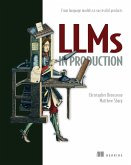Uncertainty in AI explores different theories of uncertainty as studied in the context of artificial intelligence. By adopting a common representation framework based on sets of possible worlds, it explores the relationships between different theories of uncertainty, taking note of the different properties that they satisfy, their expressiveness, and their computational complexity. It distinguishes between uncertainty about the true state of the world, ignorance about the correct level of uncertainty, and fuzziness in the propositions being evaluated. Concepts are introduced using simple illustrative examples, prioritising intuitive understanding before reviewing key mathematical results. This makes it ideal for undergraduate students wanting a sense of the strengths and weaknesses of different uncertainty formalisms, providing them with sufficient technical detail to begin to apply them in practice while requiring only foundation level mathematics -- as taught in the first year of most science and engineering undergraduate programmes.This book is based on material from 'Uncertainty Modelling for Intelligent Systems', a course taught to 3rd and 4th year undergraduate engineers and computer scientists at the University of Bristol for more than a decade. Instead of promoting a particular approach to or philosophy of uncertainty, this book maps the landscape of uncertainty theories, explicitly highlighting the connections and relationships between them that often remain implicit. It provides students with a broad overview, allowing them to better assess which uncertainty formalisms are most appropriate within the context of a particular application.
Bitte wählen Sie Ihr Anliegen aus.
Rechnungen
Retourenschein anfordern
Bestellstatus
Storno


